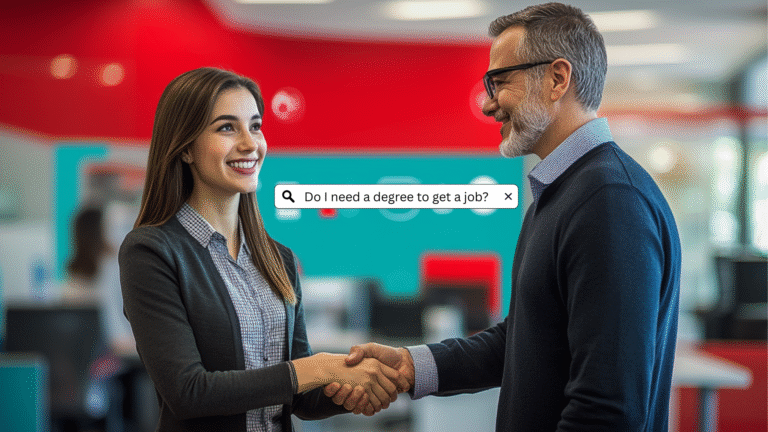Oded Israeli, CMO at Wawiwa Tech, gave a lecture at the 2024 annual conference of AAACE – the American Association for Adult and Continuing Education, about adult education in an AI-driven world.
Watch the Lecture
The lecture explores the transformative impact of Artificial Intelligence (AI) on adult education and workforce development. Oded outlines the urgent need for reskilling and upskilling in response to AI’s rapid integration into various industries. As AI is set to displace approximately 85 million jobs by 2025, learners and institutions must adopt adaptive learning strategies to remain relevant. This shift emphasizes a proactive approach to lifelong learning, where developing AI competency becomes essential for career sustainability and growth.
AI is fundamentally changing the job landscape, with new roles emerging while others face partial or complete automation. Generative AI technologies like ChatGPT, which gained 100 million users in two months, exemplify this disruption, reshaping roles in customer service, content creation, and data entry while also transforming fields like healthcare, legal services, and software development. As a result, traditional job descriptions are being updated to include AI proficiency requirements, driving a need for employees to gain practical AI skills applicable to their specific roles.
To address this, Wawiwa Tech integrates AI across its programs, preparing graduates with both theoretical knowledge and hands-on experience in using generative AI for productivity, creativity, and problem-solving. By equipping students with job-specific AI tools, the program enhances their competitiveness in the job market and prepares them for the demands of an AI-integrated workforce. The lecture also highlights the necessity for learners to critically assess their roles, identifying areas where AI can enhance their work or where shifts may be required due to AI advancements.
AI’s potential as an educational tool is also discussed, with AI serving as a personalized, adaptable tutor that can offer tailored learning experiences. However, challenges arise with AI’s misuse in academic settings, such as “AI paper mills” generating fake academic content, raising ethical concerns and underscoring the need for responsible AI use in education. To foster responsible use, institutions are encouraged to incorporate AI into their curriculum, teaching students to use AI and to do so with critical thinking and integrity.
Ultimately, the lecture stresses the importance of developing not only AI technical skills but also uniquely human abilities like teamwork, creativity, and ethical decision-making. As we navigate an AI-driven world, the integration of AI literacy in educational programs is vital for preparing students for future job roles and ensuring they remain adaptable, competitive, and equipped for lifelong learning in an ever-evolving technological landscape.



